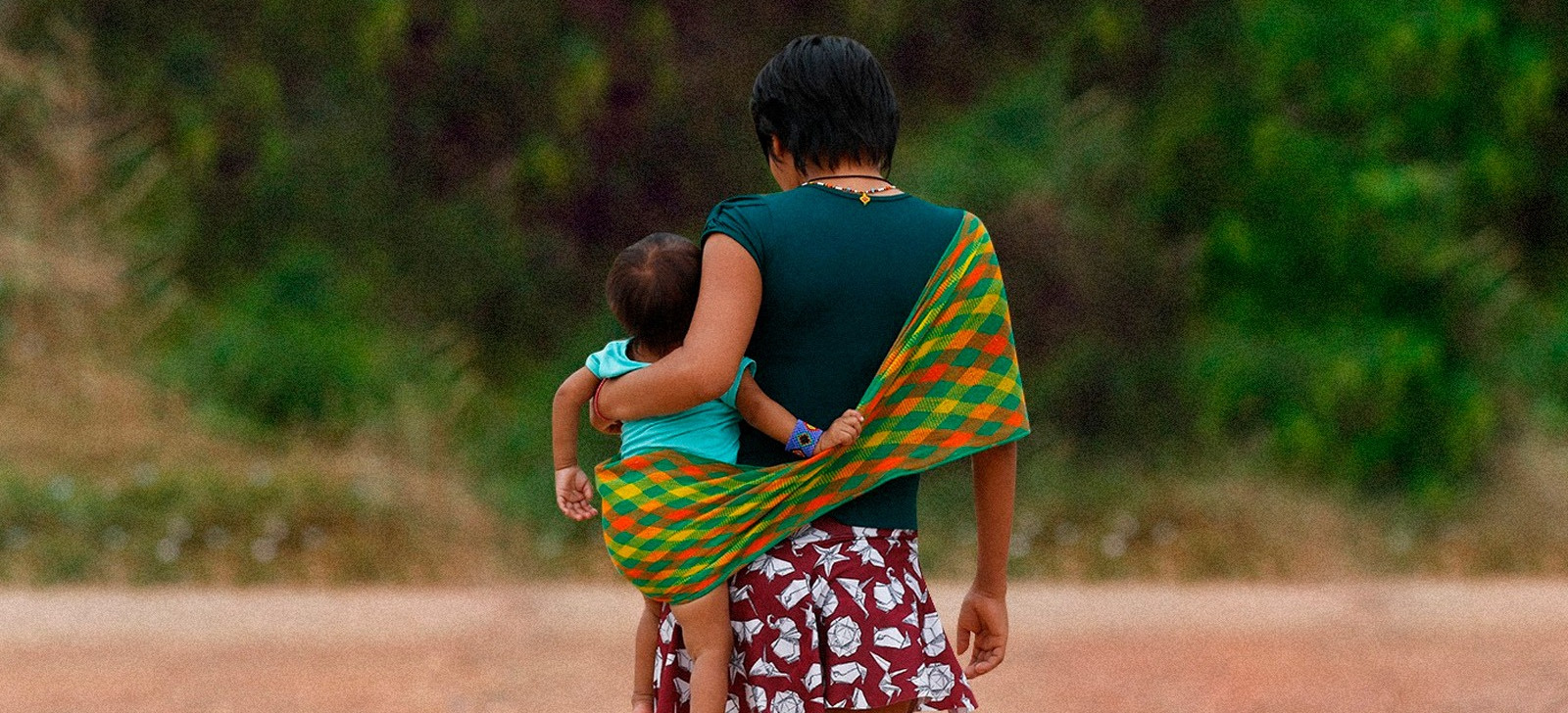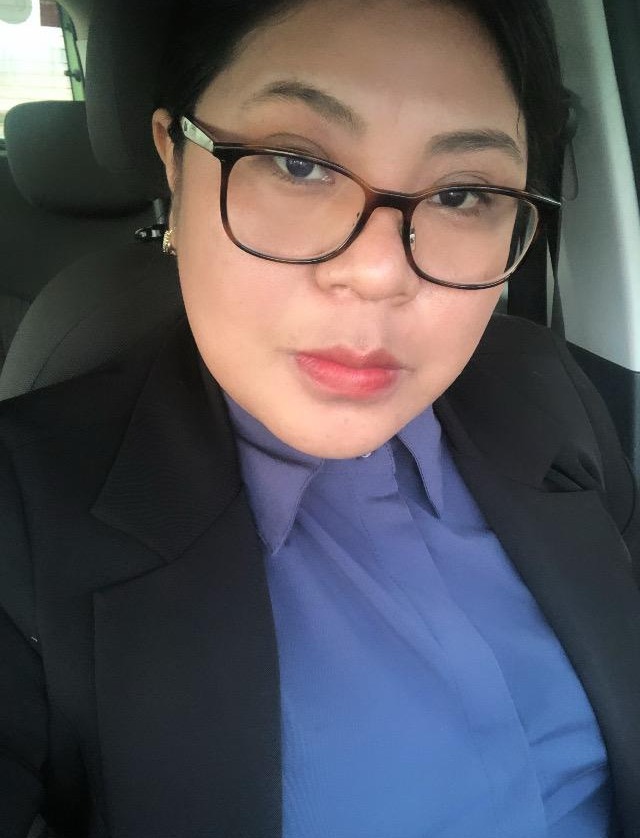Research shows challenges for Indigenous in accessing the law on violence against women
28 de January de 2025

By Ian Vitor Freitas – From Cenarium
BOA VISTA (RR) – Geographical distance, ethnic barriers, and insensitivity in dealings are some of the obstacles that prevent Indigenous people from accessing justice. This is according to researcher Mávera Teixeira, from the Macuxi ethnic group, author of the study “Indigenous Women in Roraima: between the reach and advancement of gender perspectives on the Maria da Penha Law (LMP)”. The research aims to investigate the challenges faced by these individuals in effectively accessing the measures outlined in Law No. 11,340, the LMP.
The work has been ongoing since 2020, with the goal of understanding how the law functions and how it can also be applied to more vulnerable groups, in this case, Indigenous women. Drawing on her own experiences, the researcher seeks to broaden the discussion on the subject and highlights prevention, protection, and the fight against domestic violence.

“The issue needs to be placed as a main focus because many cases occur and need to be debated both in the educational sphere, the legislative sphere, and also in the judiciary. One of the main obstacles that women face is access to justice itself. There is geographical distance, ethnic barriers in our society, language issues, and even the insensitivity of some institutions”, says the study’s author.
The researcher points out that states must act with due diligence, applying a comprehensive perspective that addresses the particularities of Indigenous women. Among these particularities, she mentions economic conditions, the vulnerability of culture, as well as the provision of a multidisciplinary team of professionals that respects culture and worldview.
“Incorporating a gender focus, training legal professionals on intercultural and gender issues is important. I believe states should evaluate the cultural aspects of victim identification, break the prejudices and stereotypes that exist. With these considerations, the Maria da Penha Law would achieve its intended purpose”, she emphasised.
International Congress
Mávera had the opportunity to present the project at the fifth edition of the Mundos Indígenas International Congress, America (V COIMI, Abya Yala). The event was held at the Paricarana Campus of the Federal University of Roraima (UF-RR) and at the Indigenous Community of Tabalascada, located in the municipality of Cantá (RR), from 20th to 23rd August 2024.
According to the author, after attending the event, she began to view the issue with greater empathy. The current intention is not only to portray women as victims but also as protagonists of their own stories, as heroines of their territories.
“Participation in the seminar was very interesting. I ended up talking to other women from different Indigenous lands, researchers, and those who are part of the movement discussing how the law has not yet reached women in these territories, even though it is meant for all women in Brazil”, she noted.
The event also brought together various researchers, professors, Indigenous leaders, activists, artists and writers. They discussed topics involving school education, health, Indigenous art and literature, the history of ancestral peoples, Indigenous language, and verbal artefacts, among others.

